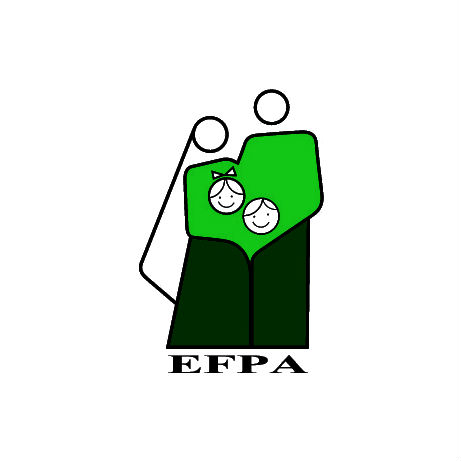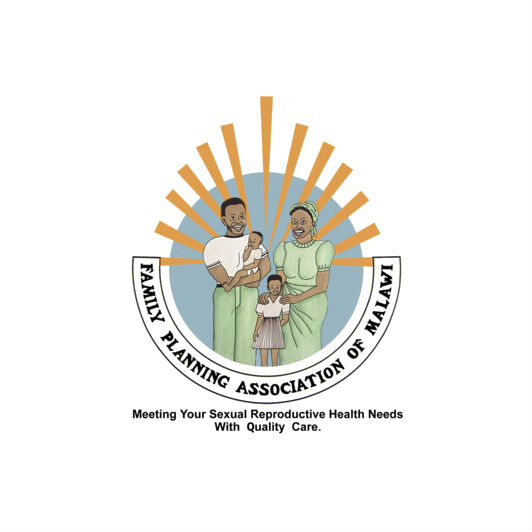

| 31 March 2016
Egyptian Family Planning Association
Though there is still a long way to go with regard to the risk of maternal and child mortality, Egypt’s sexual and reproductive health (SRH) statistics are improving year on year and the Egyptian Family Planning Association (EFPA) has been at the heart of driving improvements. It has done so through service delivery (complementing government services) and a concerted programme of advocacy to high-level policy makers. EFPA is the Egyptian government’s primary partner in SRH, and it co-ordinates the delivery of family planning services by other voluntary organizations. Additionally, EFPA is a lead partner in the National Population Commission’s ongoing initiative to increase contraceptive prevalence across the country. A critical part of the organization’s work is the provision of information, education and communication (IEC) programmes for the general public, many of which (particularly amongst young people) are run on a peer-to-peer basis. Emergency intervention to prevent reported early marriage cases is a key priority. EFPA has a particular interest in the socio-economic aspects of family planning and promotes activity designed to enhance women’s capacity for income generation. In 1972, EFPA set up the Alexandria Training Centre for family planning professionals, which it continues to run. Thanks to the EFPA, demand for SHR services by young people has increased, as has male condom use. EPFA successfully advocated for the issuance of 2 landmark legal codes criminalizing female genital mutilation (FGM), and raising the legal age of marriage. EFPA is a strong, well-established, transparent and competent association. It is known for its capacity to implement quality projects. EFPA enjoys the trust and confidence of many partners and donor agencies. These include, but are not limited to, UNFPA, UNIFEM, FHI, CEOSS, Y-PEER, the Regional Training Centre, the National Population Council, and the National Council for Child and Mother. Contacts Facebook: https://www.facebook.com/EFPA.eg Twitter: https://twitter.com/efpa_

| 31 March 2016
Family Planning Association of Malawi
When it was founded in 1999, the Family Planning Association of Malawi (FPAM) focused on providing family planning services. As the organization has evolved, it has both refined and expanded its operation. Today, FPAM targets young people primarily, and reaches out to under-served rural communities. As a result, it operates 64 service points, including 53 mobile sexual and reproductive health (SRH) facilities and 4 static clinics. Its community-based distributor/services (CBDs/CBSs) profile is also very strong with 65 additional delivery points. As ever with IPPF Member Associations, the mix of outlets and approaches is very much led by the particular demographic and geographic needs of the country. FPAM also provides youth-friendly SRH information, education and behaviour change communication materials to young people at 4 youth centres, and through schools. Peer educators use group discussions, theatre performances, publications and audio-visual materials produced by community reproductive health promoters to pass on the message about good SRH practice and access to resources. The distribution of contraceptives, pregnancy testing, the diagnosis and treatment of sexually transmitted infections (STIs) and voluntary counselling and testing (VCT) for HIV and AIDS are core to FPAM’s clinic activity. For its successful operation, the organization depends on a team of 46 full-time staff and over 600 volunteers. Over the years, FPAM has forged partnerships with health, family and youth departments in government, to advocate forward-thinking national SRH policies. It works with a variety of non-governmental organisations (NGOs) including the Malawi Girl Guides Association and Banja La Mtsogolo. Financing support comes from UNFPA, IPPF’s Japan Trust Fund, the Japanese Organization for International Cooperation in Family Planning (JOICFP), UNICEF, National AIDS Commission, GTZ, and Youth Incentives. FPAM also networks with other SRH-focused groups, particularly in the fields of HIV and AIDS and youth issues. Contacts Website: www.fpamalawi.org Facebook: https://www.facebook.com/FPAMalawi/







